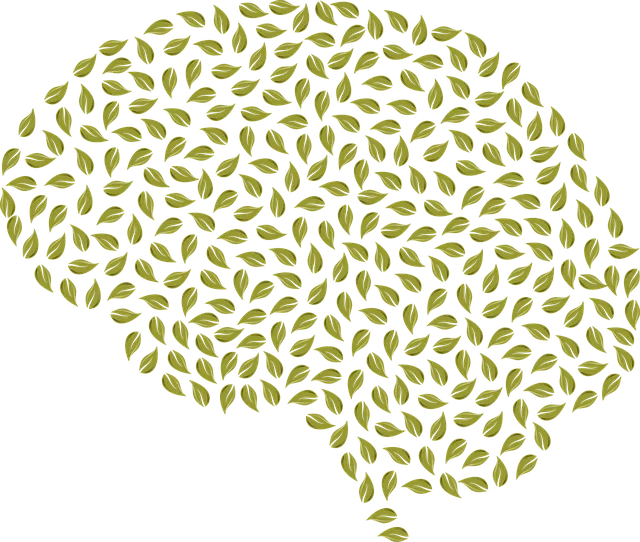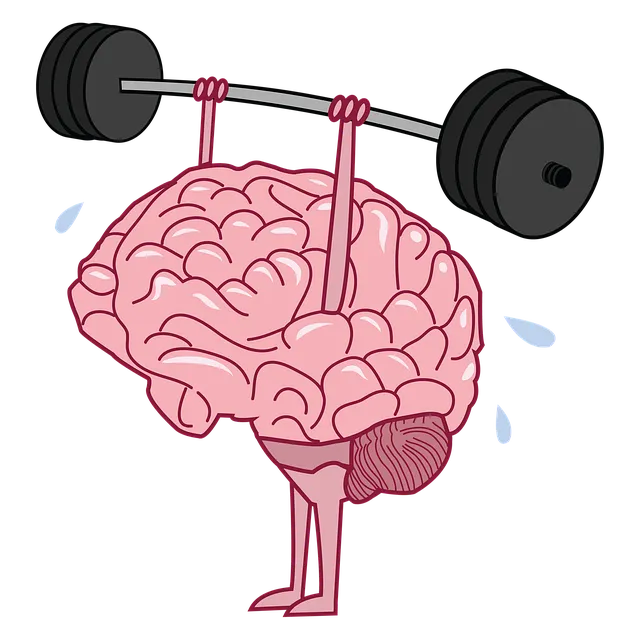Community outreach programs, like the Northglenn Kaiser Permanente mental health center by its owner, play a vital role in promoting mental health awareness and accessibility in underserved areas. Through tailored support, educational workshops, peer groups, and coaching programs, these initiatives foster open conversations about mental struggles, encourage early intervention, and enhance risk management planning. The center's holistic approach, focusing on depression prevention and emotional regulation, improves outcomes by addressing the link between mental health and social connections. Effective outreach strategies, including empathy-building and policy advocacy, build trust and strengthen community resilience, making the Northglenn Kaiser Permanente mental health center a beacon of hope in the region. Measuring success involves comprehensive assessment tools capturing client satisfaction, access to care improvements, and broader systemic impacts on mental healthcare accessibility and quality.
Community outreach programs play a pivotal role in enhancing access to mental health services, addressing disparities, and fostering well-being. This article delves into their significance, drawing insights from the successful model at the Northglenn Kaiser Permanente Mental Health Center, owned by a forward-thinking healthcare provider. We explore effective strategies for implementation and emphasize the importance of evaluation for measuring success in community mental health initiatives.
- Understanding Community Outreach Programs: Their Role and Impact
- The Northglenn Kaiser Permanente Mental Health Center: A Model for Outreach
- Implementing Effective Outreach Strategies: Tips and Best Practices
- Measuring Success: Evaluating the Effectiveness of Community Mental Health Programs
Understanding Community Outreach Programs: Their Role and Impact

Community outreach programs play a pivotal role in fostering mental health awareness and accessibility, especially in areas like Northglenn where resources can be limited. Organizations such as Kaiser Permanente recognize the importance of these initiatives, aiming to reach diverse communities with tailored support. By owning and operating facilities like the Northglenn Kaiser Permanente mental health center, they contribute significantly to the well-being of local residents.
These programs go beyond basic service provision; they empower individuals and communities to take charge of their mental wellness. Through various activities, including educational workshops, peer support groups, and Mental Wellness Coaching Programs Development, outreach initiatives create a supportive environment. Such efforts enhance Mental Health Awareness, encourage open conversations about mental health struggles, and promote early intervention—crucial elements in effective Risk Management Planning for Mental Health Professionals.
The Northglenn Kaiser Permanente Mental Health Center: A Model for Outreach

The Northglenn Kaiser Permanente Mental Health Center stands as a beacon of hope and a model for community outreach programs, especially in addressing mental health concerns. This center, owned by Kaiser Permanente, has pioneered innovative strategies to combat issues like depression prevention and promote emotional regulation within the community. By offering accessible services tailored to diverse populations, it fosters positive thinking and overall well-being.
Through partnerships with local schools, community centers, and faith-based organizations, the Northglenn center provides education, support groups, and individual therapy sessions. Their holistic approach recognizes that mental health is intricately linked to social connections and environment, ensuring that interventions are culturally sensitive and inclusive. This comprehensive strategy has significantly improved mental health outcomes and enhanced the emotional resilience of residents in the surrounding areas.
Implementing Effective Outreach Strategies: Tips and Best Practices

Implementing effective outreach strategies is key to connecting with the community, especially when addressing sensitive topics like mental health. The Northglenn Kaiser Permanente mental health center by owner can serve as a model for successful community engagement. Firstly, Empathy Building Strategies are vital; understanding and sharing the experiences of the community fosters trust and encourages open dialogue. This might involve hosting informational sessions in local schools or community centers to discuss mental health challenges prevalent in the area.
Additionally, incorporating Mental Health Policy Analysis and Advocacy can ensure that outreach efforts translate into tangible improvements. By advocating for policies that support mental well-being, the center can contribute to systemic change. Encouraging inner strength development through workshops or support groups not only benefits individuals but also strengthens the community’s overall resilience. These practices collectively enhance the center’s impact, making it a beacon of hope and support in Northglenn.
Measuring Success: Evaluating the Effectiveness of Community Mental Health Programs

Measuring success is a vital aspect of evaluating the effectiveness of community mental health programs, such as those offered at the Northglenn Kaiser Permanente mental health center by its owner. To gauge progress, organizations should implement comprehensive assessment tools that capture both qualitative and quantitative data. This includes tracking key performance indicators (KPIs) relevant to the program’s goals, such as client satisfaction rates, access to care, and improvements in self-esteem. Regular feedback from participants through surveys or interviews can provide valuable insights into their experiences and perceived benefits.
Furthermore, the success of community mental health programs should also be measured against broader indicators like changes in emotional regulation and the overall impact on mental health policy analysis and advocacy. By linking program outcomes to these larger metrics, stakeholders can ensure that initiatives are not only effective at an individual level but also contribute to systemic improvements in mental healthcare accessibility and quality.
Community outreach programs, as exemplified by the successful model at the Northglenn Kaiser Permanente Mental Health Center, play a pivotal role in enhancing access to mental health services. By implementing effective strategies and measuring success through evaluation, these programs can significantly improve community well-being. Adopting best practices shared in this article will empower mental health professionals to create impactful outreach initiatives that resonate with diverse communities, ultimately fostering healthier and more connected environments. The Northglenn Kaiser Permanente mental health center by owner serves as a bright example of what’s achievable when outreach is done right.






